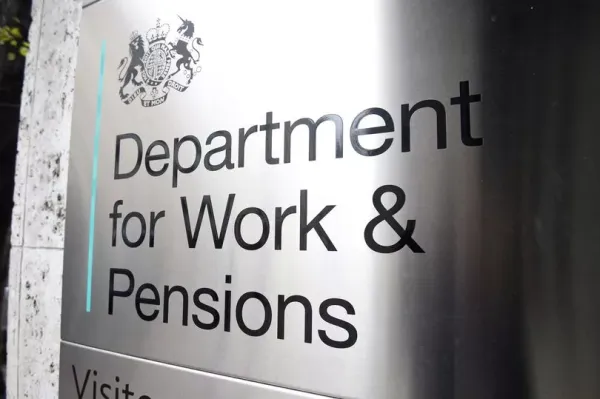
A benefits expert has warned that people with three health conditions could be particularly affected by changes to PIP rules (Personal Independence Payment). A new qualifying rule is coming in from next year for the benefit, which helps cover the extra costs of people who live with a long-term health condition or disability.
The benefit includes a daily living part and a mobility part, with a lower and higher payment depending on your level of need. The new stipulation will mean you have to get at least one score of 4 on one of the daily living activities to get the daily living element.
This means those losing out on £73.90 a week or £110.40 a week at the current rates. Rebecca Lamb, external relations manager at , warned that some people with certain conditions could be particular affected by the more stringent criteria.
READ MORE:
She said: "People with mental health conditions, long Covid, ME, and other fluctuating or invisible illnesses are likely to be the most affected if support is reduced. These conditions can be hard to assess using standard criteria, especially when symptoms vary from day to day or don’t have obvious physical signs. That puts people at greater risk of being overlooked in the system."
Ms Lamb warned that the impact of losing out on PIP is not just the financial loss. She said that if you miss out on the right support, your daily life can be much harder and you may struggle to maintain your independence and stay well mentally and physically.
The changes to PIP are set to come in from November 2026. DWP estimates suggest that by 2029/2030, some 370,000 current recipients will lose out on entitlement while 430,000 future claimants will no longer qualify.
READ MORE:
Ms Lamb warned that another challenge with PIP is that the payment rates are not keeping up with the rising costs some claimants face. Benefit rates increased 1.7% in April. The expert said: "Energy bills and other essential costs continue to rise sharply, putting extra pressure on people with long-term health conditions who often need more support just to cover basics like heating or medical equipment.
"This means there’s still a gap between what people really need and the support available to them. We hear from many who are having to cut back on essentials or take on debt just to get by." Asked how the DWP benefits system could be improved, Ms Lamb said: "The system needs to be simpler and more understanding. Right now, the process can be incredibly stressful, especially for people who are already unwell.
"There’s too much paperwork, sometimes pages and pages, long waits, and people often have to explain their condition over and over again. That takes a real toll, both emotionally and physically." She said officials should also use technology to better join up the system.

She gave an example of how this could work, saying: "If professional organisations like the NHS could safely share key information with the DWP (with the right consent), it would take a lot of pressure off people who are just trying to get the support they’re entitled to. No one should be missing out on help or going through months of stress just because the systems don’t talk to each other.
"The process should feel supportive and straightforward, not like another hurdle to overcome."
-
Two killed, one missing after boulder rolls down on pilgrims on Kedarnath Yatra route

-
Prabhas's 'The RajaSaab' director thanks Hyderabad Police for using visuals from film's teaser in road safety campaign

-
ATM Update: Cash withdrawal from ATM increased by 6% in 5 years, yet banks closed thousands of ATMs..

-
Mannara Chopra Gets Emotional, Sister Mitali Breaks Down At Father's Funeral In Mumbai; Heartbreaking Visuals Surface

-
Mannara Chopra Gets Emotional, Sister Mitali Breaks Down At Father's Funeral In Mumbai; Heartbreaking Visuals Surface
